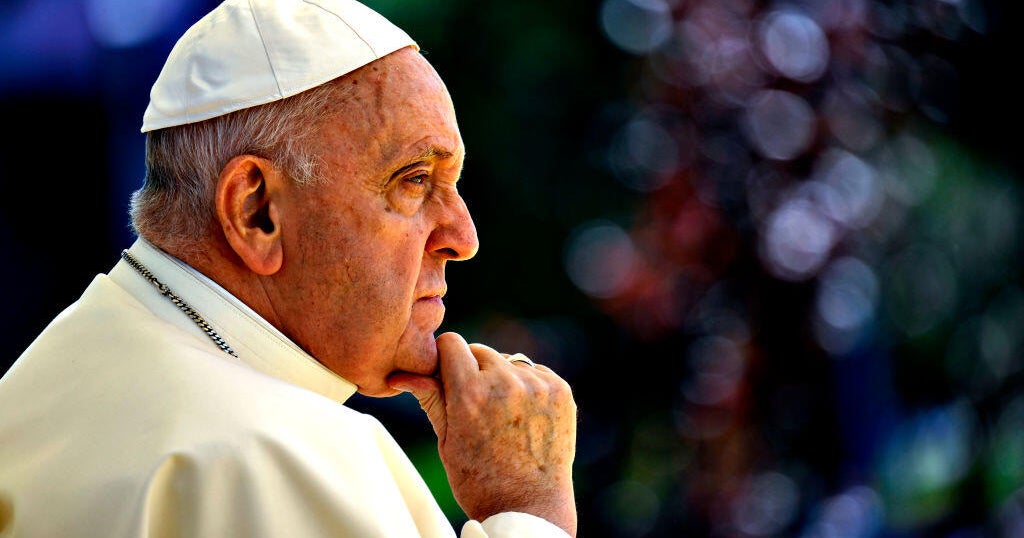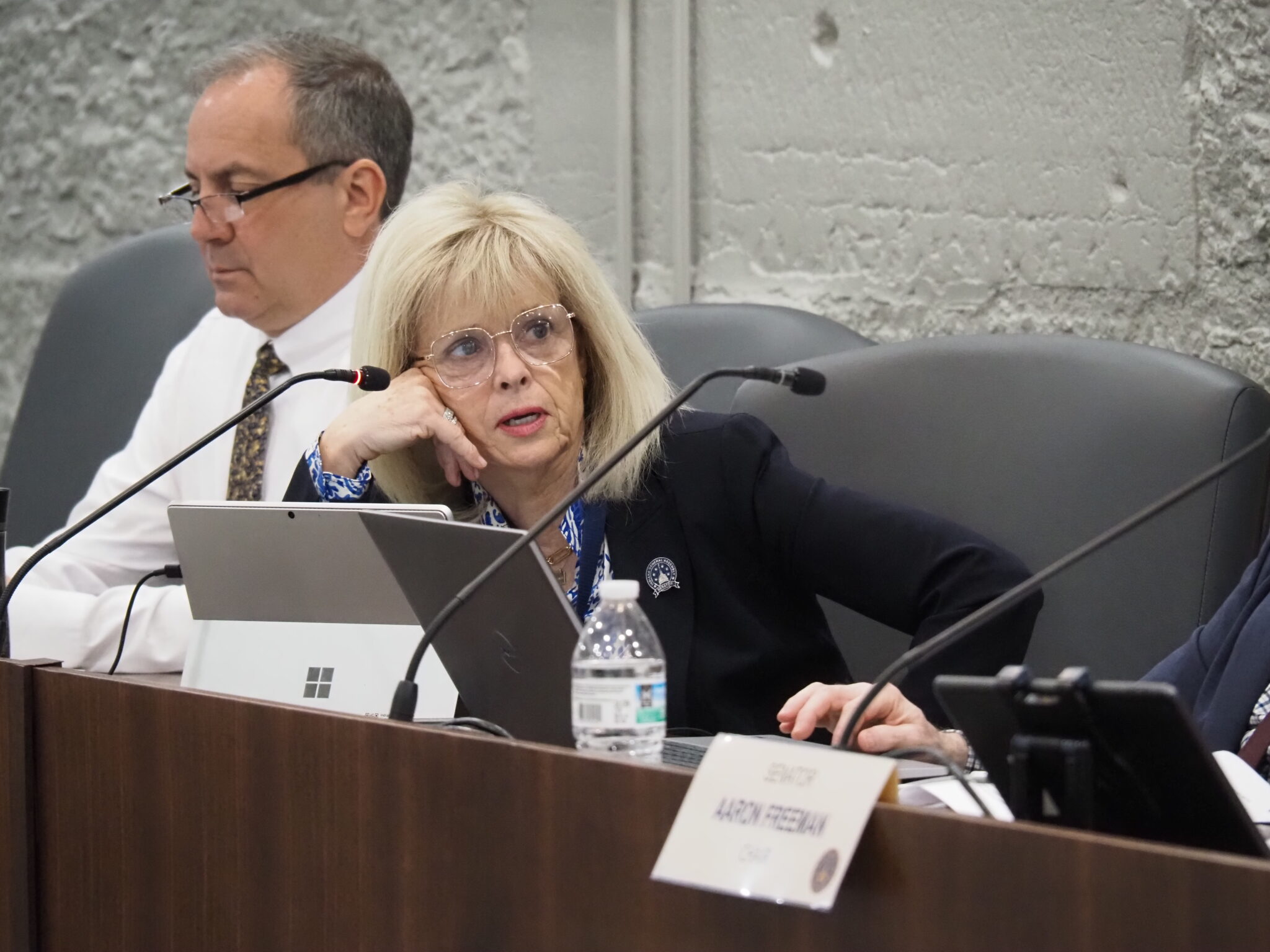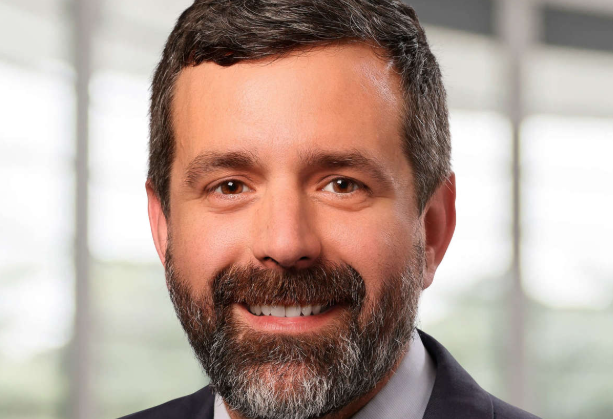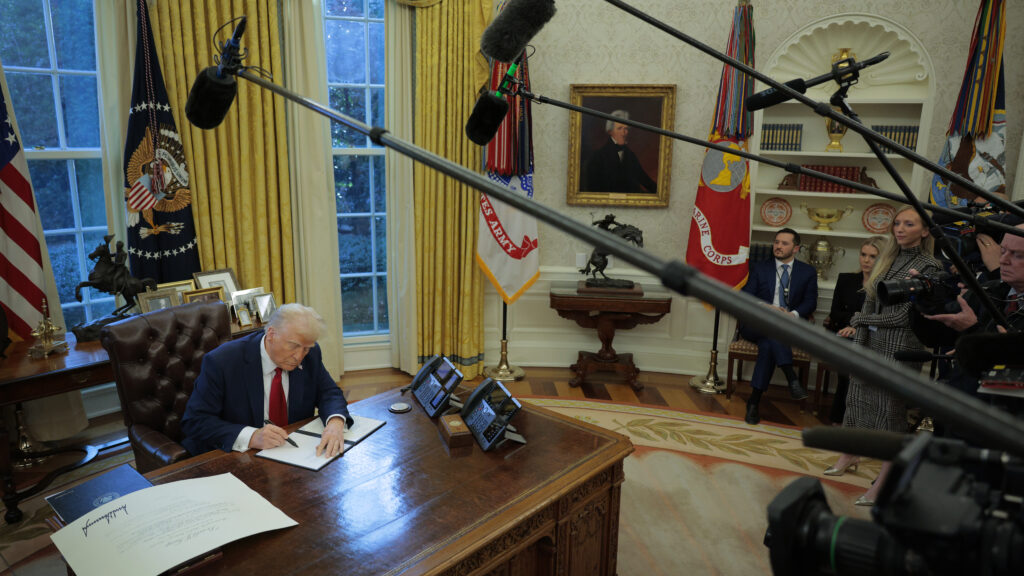Breaking: Pope Francis Passes Away After Long Battle with Declining Health
Health
2025-04-21 16:40:21Content

Pope Francis Passes Away at 88, Leaving a Legacy of Compassion and Reform
The Vatican announced today the somber news of Pope Francis's death, marking the end of an extraordinary papal tenure that reshaped the Catholic Church's global image and approach. At 88 years old, the pontiff succumbed after battling multiple health challenges that had increasingly impacted his mobility and public appearances in recent years.
Pope Francis, born Jorge Mario Bergoglio in Argentina, was known for his humble demeanor and progressive stance on many church issues. Throughout his papacy, he consistently advocated for social justice, environmental protection, and inclusivity within the Catholic Church.
While specific details about his immediate cause of death are still emerging, sources close to the Vatican indicate that his declining health had been a growing concern. The pontiff had been experiencing respiratory complications and mobility issues that had gradually limited his public engagements.
His passing marks the end of a transformative era for the Catholic Church, leaving behind a complex and deeply influential legacy that challenged traditional ecclesiastical norms and sought to modernize the church's approach to contemporary global challenges.
The world now awaits further announcements regarding funeral arrangements and the process of selecting his successor.
Vatican Mourns: The Profound Legacy of Pope Francis and His Final Journey
In a moment that will forever mark the annals of Catholic history, the world witnesses the passing of one of its most transformative spiritual leaders. Pope Francis, a pontiff who redefined papal engagement with global challenges, has completed his earthly pilgrimage, leaving behind a legacy that transcends religious boundaries and challenges traditional ecclesiastical norms.A Papal Era Concludes: Remembering the Shepherd Who Reshaped Global Catholicism
The Life and Times of a Revolutionary Pontiff
Pope Francis emerged as a watershed figure in modern Catholic leadership, challenging centuries-old institutional paradigms with his progressive approach and profound commitment to social justice. Born Jorge Mario Bergoglio in Buenos Aires, Argentina, he represented a seismic shift from traditional papal archetypes. His ascension to the papacy in 2013 marked a historic moment, becoming the first pontiff from the Americas and the first Jesuit to lead the Catholic Church. His pontificate was characterized by radical transparency, compassionate outreach, and an unprecedented willingness to confront systemic challenges within the Church. From addressing clergy sexual abuse scandals to advocating for environmental stewardship, Francis demonstrated a remarkable capacity to navigate complex moral landscapes with empathy and moral courage.Health Challenges and Final Moments
In recent years, Pope Francis confronted significant health challenges that tested his remarkable resilience. Despite recurring medical complications, he maintained an extraordinary commitment to his pastoral responsibilities. His declining health became a poignant metaphor for the Church's own journey of transformation and renewal. Medical experts noted his persistent struggles with mobility, respiratory issues, and the cumulative impact of advanced age. Yet, even as his physical strength waned, his intellectual and spiritual vigor remained undiminished. Vatican physicians worked tirelessly to manage his conditions, providing comprehensive care that reflected the pontiff's global significance.Global Impact and Theological Transformation
Francis's theological approach represented a profound reimagining of Catholic doctrine. He consistently emphasized mercy, inclusivity, and social justice, challenging conservative interpretations that had dominated ecclesiastical discourse for generations. His encyclicals on environmental stewardship, economic inequality, and human dignity reshaped global religious dialogue. His commitment to interfaith dialogue was unprecedented. By engaging with leaders across religious spectrums, Francis cultivated a vision of spiritual understanding that transcended traditional denominational boundaries. He became not just a religious leader, but a global moral voice addressing contemporary humanitarian challenges.Diplomatic and Social Contributions
Beyond theological realms, Pope Francis emerged as a significant diplomatic figure. His interventions in global conflicts, advocacy for marginalized communities, and consistent critique of economic inequalities positioned him as a unique international statesman. He leveraged the Vatican's moral authority to address pressing global issues, from climate change to refugee rights. His diplomatic approach was characterized by a delicate balance between principled stance and compassionate engagement. Whether mediating international tensions or challenging systemic injustices, Francis demonstrated an extraordinary ability to communicate complex moral arguments with remarkable clarity and empathy.Ecclesiastical Legacy and Future Implications
The pontiff's passing represents more than the conclusion of a personal journey; it symbolizes a transformative moment for global Catholicism. His legacy challenges future Church leadership to continue the path of progressive reform, institutional transparency, and genuine spiritual renewal. Vatican observers suggest his death will trigger profound discussions about the Church's future direction. The conclave tasked with selecting his successor will face the complex challenge of honoring his transformative vision while maintaining institutional continuity.RELATED NEWS

9/11 Heroes Triumph: Trump Backs Down on Controversial Health Program Cuts







